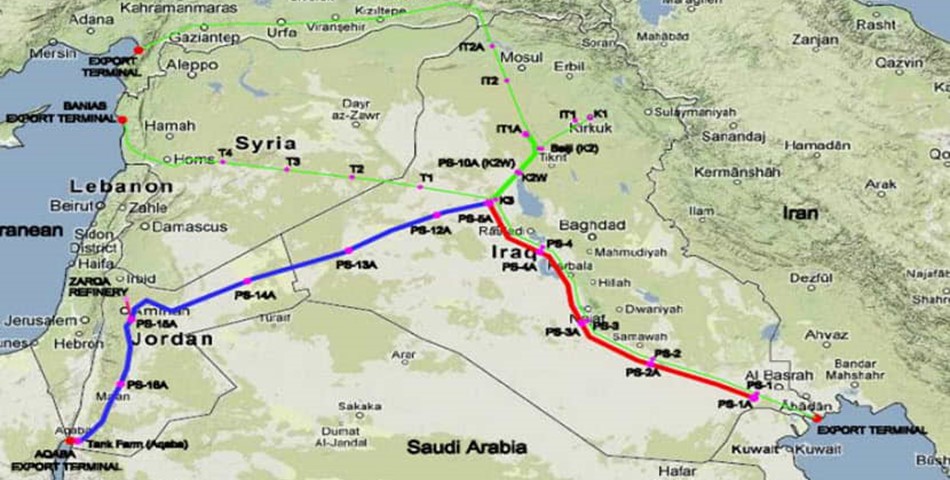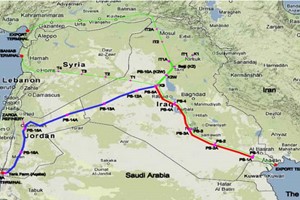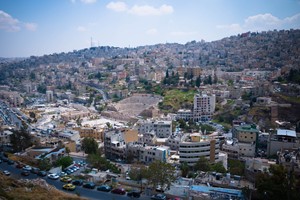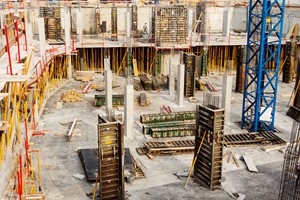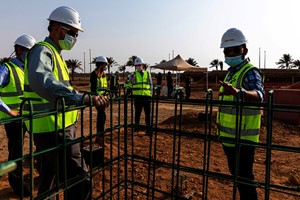Iraq and Jordan hold talks to build a low-cost oil pipeline linking Barsa to Aqaba, the oil ministry said on November 3. The talks come when the world second-largest is looking for a route to export its crude oil to energy-thirsty countries. The two countries have held similar talks for at least a decade.
According to the statement by the oil ministry, technical talks are already underway for the construction of a pipeline at a reduced cost of less than $9 billion.
Iraq has been exporting the bulk of its crude oil from the Southern oil terminal in the Persian Gulf, where energy flows through the Strait of Hormuz, a key checkpoint that has often faced disruptions over the past years.
The multibillion-dollar pipeline project has been lying dormant for years due to financing difficulties and security concerns since its founding in 2014. In the past years, a spate of attacks on oil tankers at the Strait of Hormuz has for long been a strategic security concern.
According to a statement issued by the oil ministry back in 2019, the project will include offshore terminals, storage tanks, and a pump station. However, the project will be implemented in two phases.
The first phase will involve the construction of a 700km pipeline with an oil transport capacity of 2.25 million barrels per day. The pipeline would link Rumaila field to Haditha, located in the western region of Anbar province.
The ministry also revealed the pipeline would be built on an EPCF (engineering, purchase, construction and finance) basis, with the contractor providing funding. Repayments would be made after the line becomes operational.
The second phase of the multimillion deal will involve the construction of a 900km-long pipeline with a crude oil transmission capacity of 1 million barrels per day, running from Haditha to Aqaba. Unlike the first phase, the contractor will build the second phase on a BOOT (build, operate, own and transfer) basis.
While the project's completion will bolster Iraq's crude oil export, the project is equally important to Jordan, a country relying on oil imports due to its little oil and gas reserves that cannot sustain the countries energy needs.
Even though Jordan is willing to participate in the inter-state pipeline project, the pipeline route would not be straightforward since Rumaila is located in the southern part of Iraque. As such, the pipeline will have to run through many provinces before getting to the Jordanian Terminal.
Based on the initial plan, 150,000 b/d of crude oil from Iraq would be supplied to Jordan's Zarqa refinery, while the rest 1 million barrels per day exported through Aqaba port.
Although Iraq has suppressed Islamic State militant activity in the region, such security threats are still of significant concern to investors.


